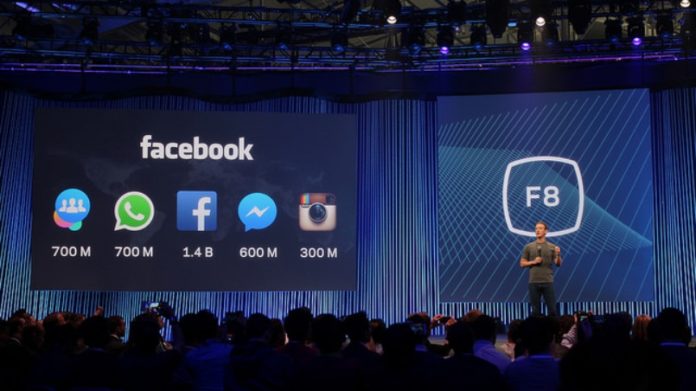
On Monday, the Supreme Court of India asked questions to the government and the Telecom Regulatory Authority of India (TRAI) regarding a plea that was submitted to frame a policy, to regulate the commercial exploitation of private communication through social networking media like WhatsApp and Facebook.
Responses were demanded from WhatsApp and Facebook as well by a bench comprising of Chief Justice JS Khehar and Justice DY Chandrachud.
The plea alleged that networking sites have been compromising the privacy of interpersonal communication of more than 150 million people in India. The bench sought assistance of Attorney General Mukul Rohatgi for this hearing.
Last year when WhatsApp announced its decision of tweaking its privacy policy in order to share data with its parent company, Facebook, an appeal was filed by two law students, Karmanya Singh Sareen and Shreya Sethi. The High Court had given the instant messenger orders to delete the data of users who deleted their account before September 25.
The petitioners were not satisfied and thus moved up to the apex court; claiming that the people who continued to hold account with WhatsApp were under the risk of their data being shared.
Senior Advocate Harish Salve had clarified to the bench that with more than 150 million users, the instant messenger was more of a public utility service like telephone.
He further added that it was the government’s duty to protect people’s rights under Articles 19 and 21 of the Constitution. “TRAI says interception of calls without government’s order is illegal. Here, TRAI is doing nothing,” Salve mentioned.
In response, the Bench said, “Why can’t you choose the option of not availing this service if you want to protect your privacy… You can choose to walk out of WhatsApp.” This pushed the case forward and Salve agreed to argue the case himself.
This matter of privacy and data sharing has been in limelight and is hotly debated recently. Many activists observed that when one searches for a contact saved on phone then there is a high possibility of it showing up as ‘friend suggestion’ on Facebook.
Facebook collects a user’s ‘device locations; including specific geographic locations through GPS, Bluetooth and WiFi signals,’ the list goes on.
Facebook doesn’t limit to data entered by the user, they collect it from other sources like companies they own or have partnered with. For example, if you are using both WhatsApp and Facebook, but you have not added your number on Facebook, then your number will be displayed with a suggestion of adding it to your profile.
Another example is of when a Facebook Page meant for business, explains to the company that wants to advertise with them to upload their customers list and Facebook will then match the contact details with the profile to target the audience.
In India, companies that upload such data are private banks and finance companies that offer various EMI schemes. Thus, the activists claim that the social networking giant not only knows where (and what) you had for dinner, but also the bank in which you hold an account and the details you use to purchase a product off these advertisements.























